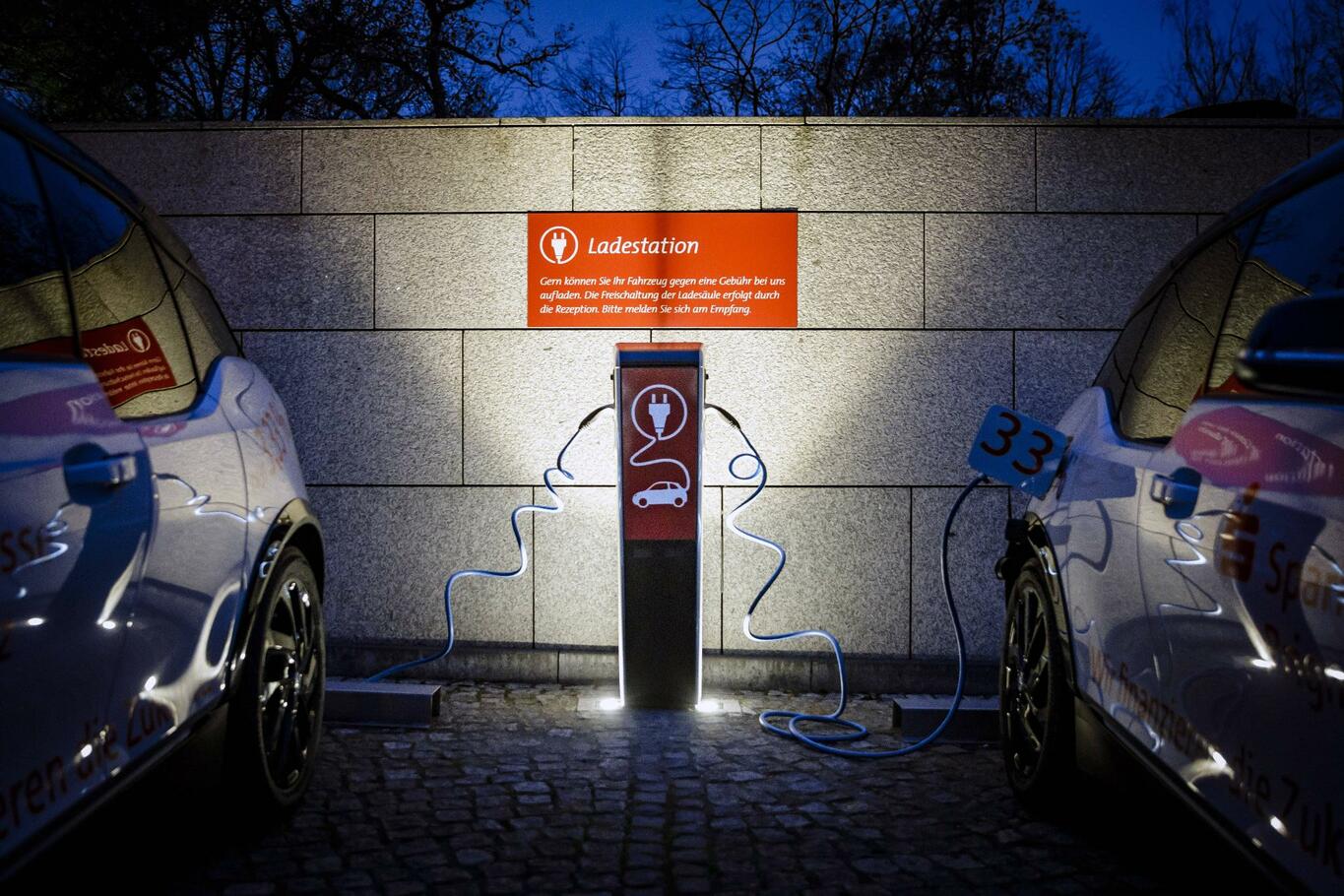tarifchaos to the ladesäulen for electric cars

a litre of petrol costs on average eur 1.30 in diesel are 1.23 euros. the prices of fossil fuels are for drivers at the station quickly and easily comparable. e - drivers have it much harder. you have the challenge to find a free ladesäule is a thicket of tariff and ladesystemen. the practice about 13500 public and teilöffentlichen ladesäulen functioning completely mixed. even need the e drivers a ladekarte's turn he via rfid chip or sms free or using a smartphone app. who throughout germany shop will take up to ten ladekarten.
each provider is different
the abrechnungsmodelle vary widely. while the practice of charging a flat ionity 21 schnellladesäulen per eight euro accounts, the telecom tariff in recently with a time. two cents customers pay per minute, is independent of the loading rate of the stromzapfsäule. at least until the end of march. until then, the aktionstarif is temporary. if, on the other hand, in berlin at a normal ladesäule of allego his plug in electric car is pays a fixed price of 5.45 euros. in allego - schnellladesäulen fall 7,90 euro flat.
in order to completely apply confusion, other prices, if the d driver power over a roamingdienstleister as plugsurfing or newmotion refers. they are associations of public utilities or other service providers, usually a germany or even europe wide load on a single app or ladekarte allow, and often an additional fee hit that chin of yours.
consumer protection are critical tarifwirrwarr
in the confusion, e - mobilisten quickly lose track. in the ladesäule rule „verwirrende tariff structures, different requirements, as well as a variety of abrechnungsmethoden, "writes the ökostromanbieter bright spot. consumer protection also sound the alarm. the national federation of consumer organisations (vzbv) calls for improvements in the ladetarifen.
in particular, public charging infrastructure needed to use "just and transparent", so people want to switch on an electric car would be, it is also in a position paper that the consumer together with the bundesverband carsharing, the german solar mobility (noticeable) and the association of electr omobilität berlin brandenburg has published. they agree: the tarifchaos has similar deterrent effect as the reichweitenangst, due to the many potential buyers for an e - car up.
still, the ladesäulen not calibrated
the paper calls for the alliance in all ladesäulen a kilowattstundengenaue statement allows a comparison of the rates which, similar to conventional fuel: 'a single billing to kilowatt creates comparability and transparency ", according to the consumer. this also calls for the legislator in the preisangabenverordnung. but it would require the ladesäulen eichrechtskonform equipped.
while the gas and dieselzapfsäulen are calibrated, the electric filling stations are currently in development. if this is delayed, the operators are facing enormous problems. for schnelllader, for example, is a similar device only during the first quarter of available. so the problem is the lack of relevant technology or certificates certifying authority. because the relevant eichrechtskonformen solutions are missing, taking many providers currently with flat rate contracts per charge or arithmetic after loading.
the clearing charge on the highway is expensive
for customers, this is a nuisance. the operators are not happy about this. today one would rather verbrauchsbasiert in kilowatt hours to settle, as in other european countries is possible. everything is for the customers, unfair. because at the time it depends on the akkugröße models in e car and how much reststrom in the car battery. it depends on whether the charging more for the e - drivers or the electricity is expected. those who only a clearing charge on the highway stop numbers on it. smaller and older battery powered vehicles are also slower than a new tesla. with a battery capacity of 100 kilowatt hours (kwh), a tesla drivers more electricity from the column than a renault zoe owner (41 kw), the driver is charged with correspondingly less for electricity per kilowatt hour.
some providers, both models combine, doesn't make it any better. the maingau energy calculated from february verbrauchsbasiert and collected by e - drivers, at the same time, the domestic electricity or gas on the supplier from the rhine main area, 15 cents per kilowatt hour of driving current. external customers are charged 25 cents. so the electric vehicles do not unnecessarily long parking block, if you have loaded, is an additional parking. in stromzapfsäulen below 22 kw after 60 or 120 minutes in addition to schnellladern ten cents per minute was calculated.
the fees rise
the new rate of energy is a trend in the maingau schnellladesäulen. industry experts expect that many suppliers in the next few weeks their rates change. the provider initially with a view to increasing competition in their power away and customers with aktionstarifen and unscrew your fees now properly.
it also increases after the expiry of the last aktionstarifs massively in the prices. from march may choose between two e - mobilisten tariffs. the standard tariff is the kilowatt hour on normallader 39 cents, on schnelllader 49 cents. for the viellader calculated in normal ladetempo 29, with schnellladern 30 cents per kilowatt hour. the second rate is from the fourth month, an additional monthly fee of $4.95 euros.
it is: although the kilowattstundengenaue settlement slowly and thus the comparability of the prices to the public stromzapfsäulen. but the bottom line, the cost of the electric car power would increase, at least in the schnellladesäule. because the utilities do not want to put on, but finally earn money. for e - mobilisten it means happy only, who has a private wallbox, in which he haushaltsstromtarif load.(徳囯ASK电容器)
